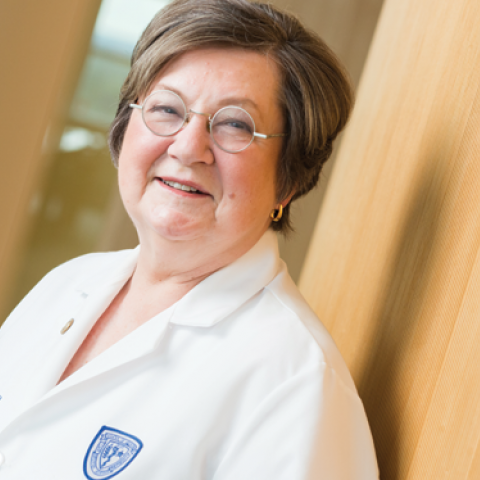We all talk about mentoring, but it’s not clear that we all mean the same thing by it. Do we mean mentoring or sponsoring? Do we mean a few words of advice here and there, or sustained interest in the mentee’s career, changing goals, and expectations, even if they are not what we would choose for ourselves?
Nearly every junior faculty member, postdoctoral fellow, and graduate or medical student lists mentoring as a top priority for his/her career development. Yet, some senior faculty feel the world moves so quickly that they hardly know what to advise. Others feel no one helped them so why spend time on others? And still others want to help but have trouble balancing interference and indifference. No one said it was easy.
It’s unusual for a single individual to be able to provide all aspects of mentoring to a junior colleague. For our KL2 scholars, we designate a mentor who has expertise in the mentee’s research area and a career mentor who can help with professional development. And we don’t exclude a larger group of mentors. For most junior faculty in the basic sciences, we expect the chair to organize a mentoring committee to meet regularly with the mentee and provide both scientific and career advice. Once a year the department chair should meet with each faculty member to guide their near term goals and priorities. Mentoring committees for our graduate programs should be used by candidates to design the best didactic curriculum and to help them work on a thesis to its successful conclusion.
It is difficult to be a mentor but we have among us a faculty member honored by an NIH institute for outstanding mentorship. Heather Broihier, Associate Professor of Neurosciences who was named to the inaugural group of outstanding mentors – the Story Landis Award winners – from NINDS. The letter announcing this award reads in part:
NINDS established this award to emphasize the high value NINDS places on mentorship. Our hope is that it will encourage faculty to make mentorship a strong component of their career, as well as encourage institutional leaders to promote and reward excellent mentorship and include it as a criterion for evaluating academic success. The Landis Award Steering Committee was unanimously impressed by your thoughtful approach to mentoring, the breadth of your mentorship efforts and the notable impact you have had on your trainees.
It seems fitting that one of our own received this prestigious award named for the person who founded the department here at the medical school. It is especially wonderful that Heather won this award in a national competition.
So, congratulations to Heather for her consistent excellence in mentoring young scientists! Congratulations to our department chairs who see to it that students, postdocs, and junior faculty receive the mentoring that they need. And let’s all remember to keep mentoring top of mind. Even chance interactions with our junior colleagues can be very meaningful to them. It is truly an honor to have the opportunity to help.
Pam


